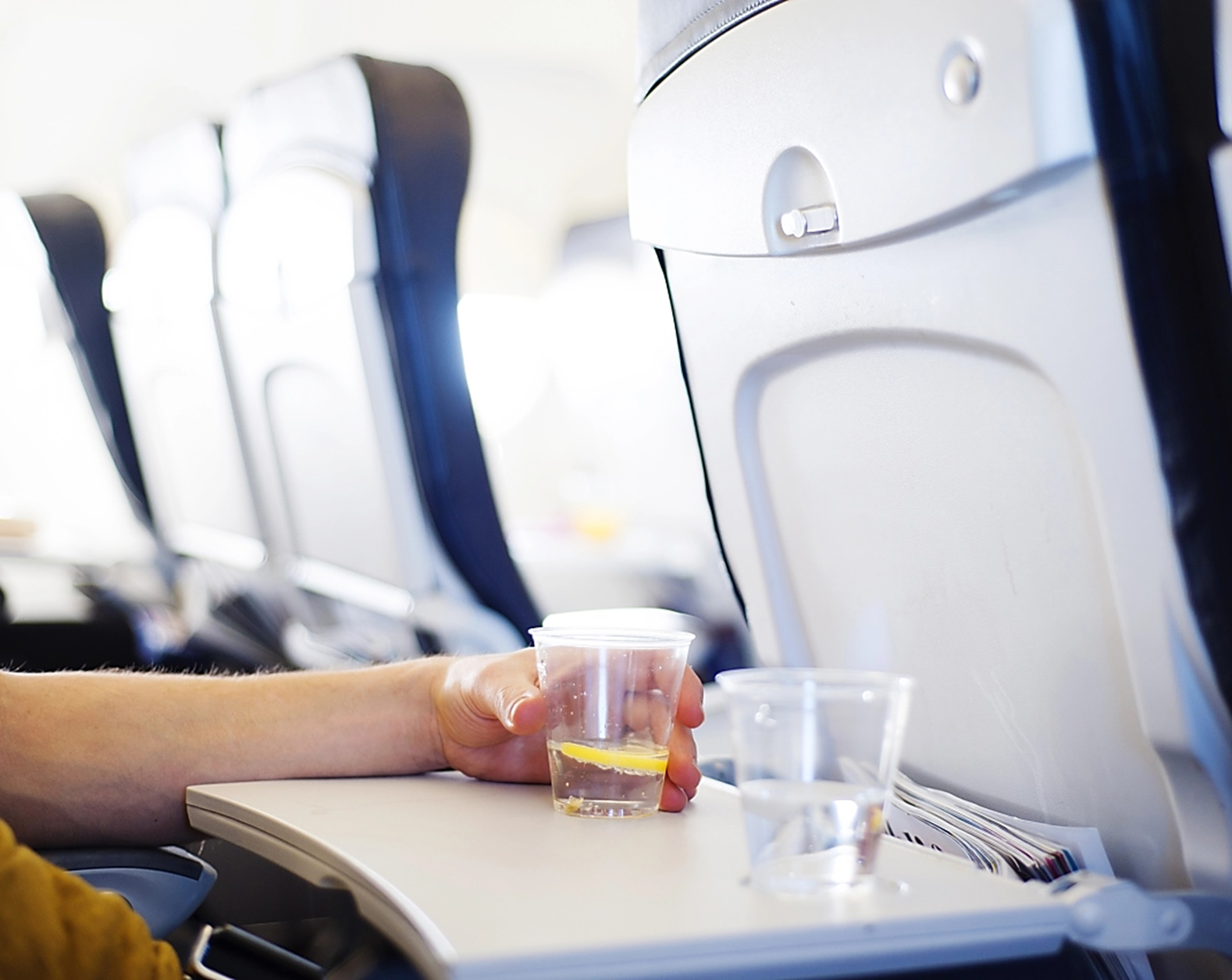With summer on the horizon and school holidays looming, it’s about that time where many Britons are prepping for the journey that will get them to their holiday destination.
Whether it’s to calm the nerves, get your holiday started en route or because it’s your custom to have a tipple when you fly, many of us indulge pre and during flight. Whatever the reasons, imbibing alcohol inflight isn’t a good idea, at all. Here’s why:
Flying already puts a strain on the body. With increased altitude comes decreased air pressure. This decreases the concentration of oxygen in the air and results in reduced oxygen in our lungs and bloodstream.
Aircraft cabins are typically dry environments. Alcohol is a diuretic, meaning it increases urine production, which can contribute to dehydration. This can exacerbate the effects of alcohol and lead to headaches and other discomforts.
Although a glass of wine, beer or spirits might seem like a good relaxant, alcohol has an adverse effect on sleep quality. Even at sea level, alcohol has been shown to elevate heart rates, which can interfere with REM sleep and disrupt cardiovascular relaxation.*
Some studies suggest that drinking alcohol and then sleeping on a flight might lower blood oxygen levels and increase heart rate, potentially putting extra strain on the cardiovascular system.
If that casual in-flight drink isn’t something you’re quick to forgo, a few tips to minimise impacts on overall health and sleep.
If you choose to drink, do so responsibly and in moderation. Take short walks around the cabin to improve circulation and prevent blood clots. Most importantly, drink plenty of water throughout the flight to counteract the dehydrating effects of alcohol and the dry cabin air.
*source: Article by Leah Worthington on National Geographic

